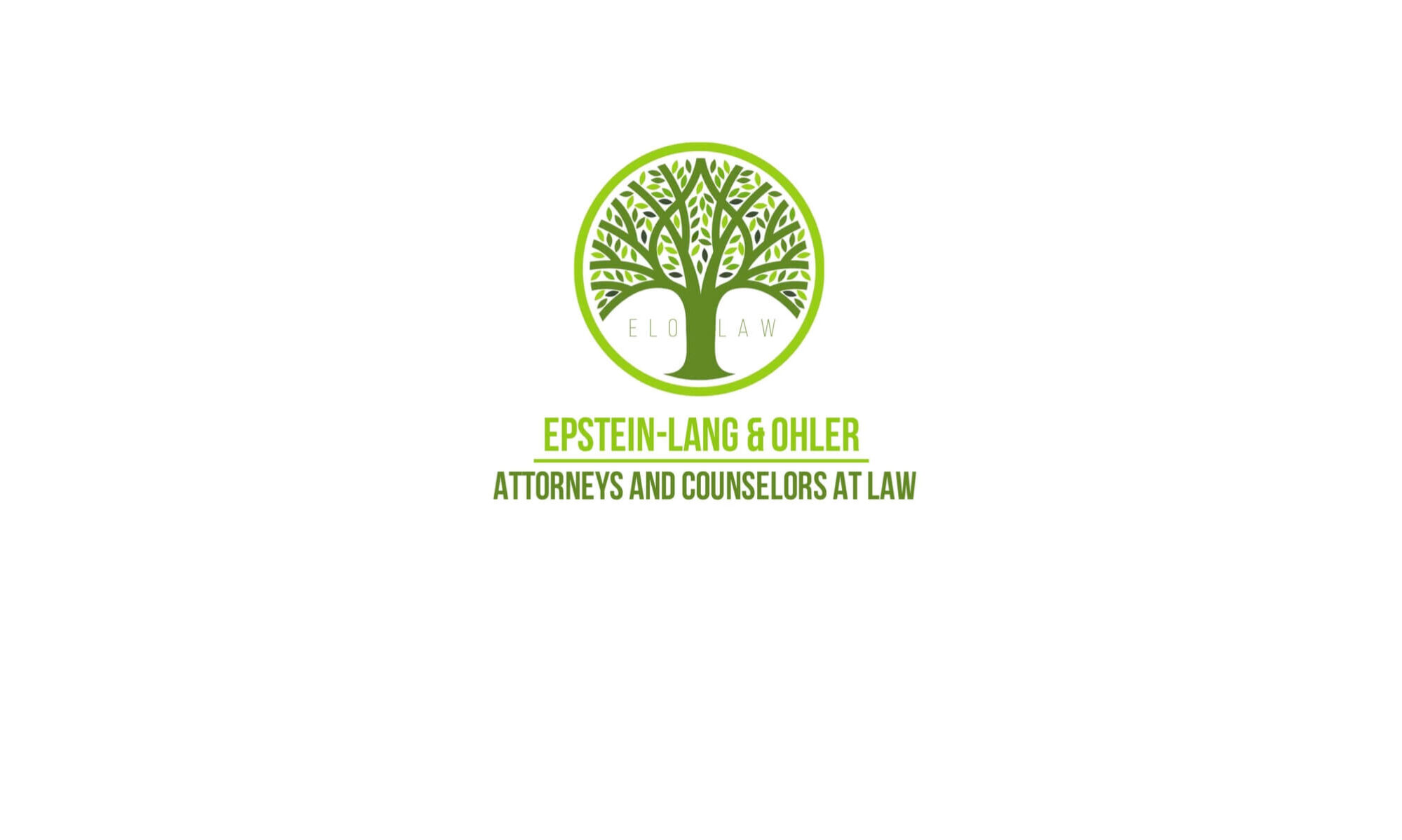
Welcome back to our multi-part series focusing on the legal needs of parents as their children struggle with the disease of addiction. If you are just joining us, you can find the introduction to this series here. A complex web of social, emotional, legal and financial problems can be created by a family member’s addiction[1]. Today’s blog post highlights just one of these areas–the financial burdens of dealing with your child’s addiction and how legal interventions can assist in protecting your family for the future.
In addition to the emotional toll it takes, addiction is expensive business. Drugs themselves, from cigarettes to heroin, are costly. While the actual expenditure depends on the individual and drug of choice, a person with an untreated addiction can financially ruin himself (and those they love). The need to obtain drugs overrides rational thought. In extreme cases, all earnings and income are used to support the addiction.
Once an addicted individual has depleted his or her own savings, it is not uncommon to turn to loved ones for financial support. Sometimes this is willingly given because parents don’t want their child to endure painful withdrawal or face an uncertain future on the streets. Another all-too-common scenario, however, is that the addicted child steals from the parents. This can begin as simply as taking small amounts of cash from wallets or other places where money is kept in the home. Unfortunately, the situation can escalate, leaving parents as the victims of forgery, fraud, or identity theft.
In the best case scenario, you can recognize your child’s dependence on drugs or alcohol and intervene before either of you is in financial ruin. Even still, you will face the difficult question of how to pay for therapy, detoxification, rehabilitation, medical bills, possible criminal legal representation for your child, and lost wages from the time spent dealing with this crisis.
When you are faced with all the expenses described above, investing additional money in an attorney for yourself may seem like an unnecessary expense. At Epstein-Lang & Ohler we believe that this is money well-spent to protect your long-term investments. We can assist you with practical solutions to problems like petty theft and provide guidance as you begin a difficult dialogue with your child about his or her addiction. In cases where you become a victim of crime, ELO provides a team of legal experts to interface with law enforcement, appear in court on your behalf, and work to repair your credit. Additionally, the attorneys at ELO are available to help you investigate rehabilitation programs, payment options, and insurance limits so that you can wisely invest in your child’s medical care. In short, we are here for YOU.
At ELO our goal is to preserve the roots of your family tree while protecting the branches for future generations. Unlike therapists and other social service workers, we have the ability to draft and execute legal documents. Unlike other attorneys, we have an addiction-informed practice. This allows us to identify unique issues of families weathering the storm of addiction. Often this will include drafting an advanced medical directive for your child and creating documents granting you financial power of attorney (this can be related to guardianship over your grandchildren-addressed next in our series). ELO can create simple trusts so that you can rest assured that money is set aside for future rehabilitation, counseling, and other forms of treatment. We can also discuss estate-planning tactics that will help your other children navigate these rough waters even after your death. In the event that your estate is complex, we can refer you to other trusted attorneys to handle this part of your needs. Finally, the lawyers at ELO stand ready to be appointed conservators if your child remains incapacitated due to his or her addiction.
Dealing with an addiction crisis in your family is never easy, but having attorneys who understand your struggle can ease the burden. Please join us next week as we delve into the complex issue of caring for your grandchildren when your adult child struggles with addiction.
[1] This is true whether the person experiencing a drug or alcohol problem is a child or an adult son or daughter who has already left the home. While this series is specific to children, many of the facts are applicable to other relations. ELO is available to help as any member of your family battles addiction, whether it is your own parent, spouse, paramour, former spouse, or other person you care about.

